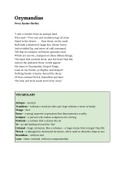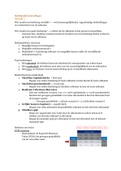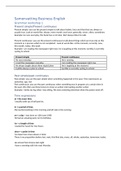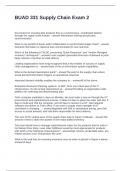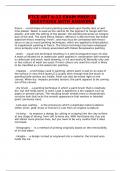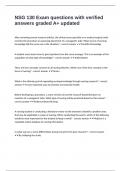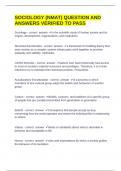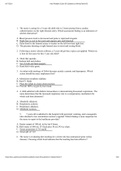Percy Bysshe Shelley
“I met a traveler from an antique land,
Who said—“Two vast and trunkless legs of stone
Stand in the desert. . . . Near them, on the sand,
Half sunk a shattered visage lies, whose frown,
And wrinkled lip, and sneer of cold command,
Tell that its sculptor well those passions read
Which yet survive, stamped on these lifeless things,
The hand that mocked them, and the heart that fed;
And on the pedestal, these words appear:
My name is Ozymandias, King of Kings;
Look on my Works, ye Mighty, and despair!
Nothing beside remains. Round the decay
Of that colossal Wreck, boundless and bare
The lone and level sands stretch far away.”
VOCABULARY
Antique - ancient
Trunkless - without a trunk (in this case, legs without a torso or body)
Visage - face
Sneer - a smug, superior expression that demonstrates cruelty
Sculptor - a person who makes sculptures for a living
Pedestal - a column that a statue sits on
Ye - an old fashioned word for ‘the’
Colossal - huge, immense, like a colossus - a huge statue that is larger than life
Wreck - a damaged or destroyed structure, often used to describe ships at sea
Boundless - without end
Lone - alone, isolated, without companionship
, STORY/SUMMARY
I met a traveler from an ancient land who told me a story. He said “Two huge legs of
stone without a body stand in the desert... Near them, a shattered face is lying
half-sunken into the sand, it has a frown and a wrinkled lip that sneers as if it is
giving cold commands or orders. This expression shows that the sculptor who
carved the piece knew the subject well: he knew his harsh emotions and cold
personality and captured his likeness in the sculpture. These impressions still
survive on the face of the sculpture, even though the man himself is long dead his
personality is stamped onto these lifeless fragments, including his hand that
mocked its people, and the heart that fed them. There is also a pedestal, on which
these words are written: “My name is Ozymandias, king of kings, you mighty and
great men must look upon my kingdom and feel terror!” But there is no kingdom to
be seen, nothing else remains of king Ozymandias and his kingdom except these
few broken pieces of his sculpture. Around the decaying and broken colossus, the
lonely and flat sands of the desert stretch far away.”
SPEAKER/VOICE
There is a distorted sense of speaker in this poem as if it is presenting layers or
echoes from the past. We start with a first-person narrator, unnamed and not
well described. He tells us that he met a traveling man who told him the story of
King Ozymandias, and soon through the use of speech marks the narrative shifts
into the third person, as told by the traveler. There is also a third voice present in
the poem: that of Ozymandias himself, as his own words are written on the
pedestal: ‘My name is Ozymandias, King of Kings; / Look on my works, ye Mighty,
and despair!’. There is therefore a layering of three voices inherent within the
poem.

